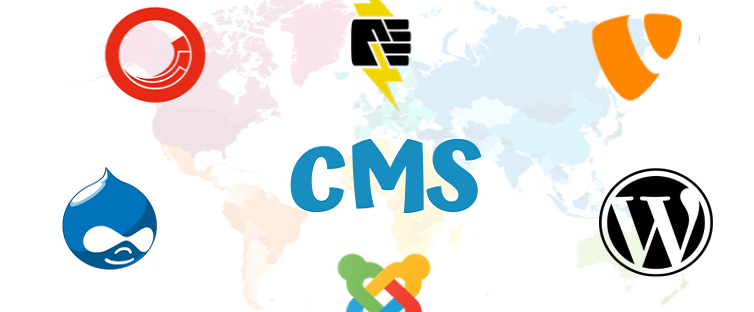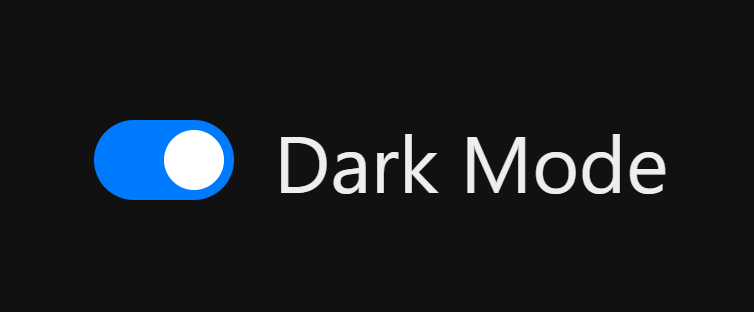As a Website Developer, did you know that you don’t have to code all your websites? You can use CMS platforms to save much time and stress without writing a line of code.
What is a CMS platform?
A CMS (Content Management System) platform allows you to easily manage content and build websites, most times with drag and drop builders without understanding any programming language.
1. WordPress.org

http://WordPress.org: WordPress is the most popular CMS platform, it powers around 42% of all websites on the internet! It makes use of a theme for structures, and plugins for functionalities. (This is different from http://WordPress.com which is also explained below).
2. Wix.com

Wix.com: Wix is another platform that had gained popularity. It is beginner-friendly and also uses a drag-and-drop builder.
3. Hubspot
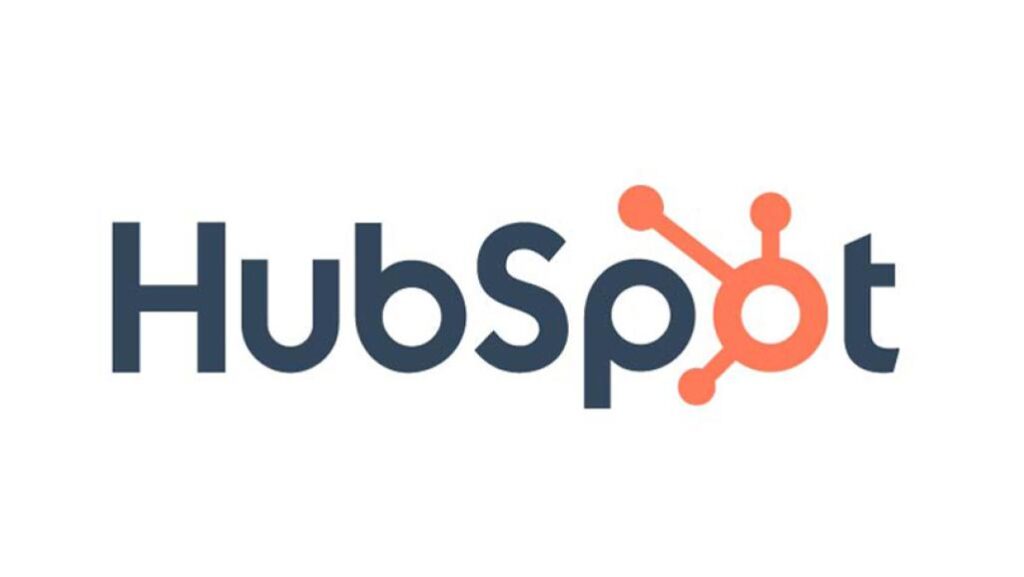
HubSpot CMS Hub: If you’re a marketer or a business owner, then http://hubspot.com/marketing/am_website-builder-hsmf… is for you. This CMS is built on HubSpot’s CRM platform thus includes all sorts of marketing automation, sales, service, and operations tools, that can be integrated.
4. Shopify

Shopify: http://shopify.com is a great CMS especially for ecommerce stores. It has a straightforward drag and drop interface. It supports in-store sales, which is great if you have a physical store as well as an online one, even handles security and backups for you.
5. BigCommerce
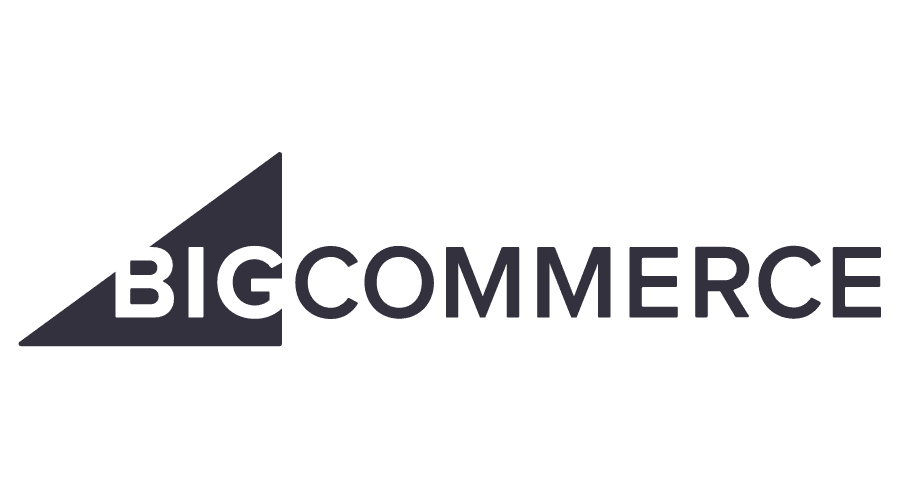
BigCommerce: http://bigcommerce.com is a good platform for ecommerce and very beginner-friendly. It is an all-in-one platform.
6. WordPress.com
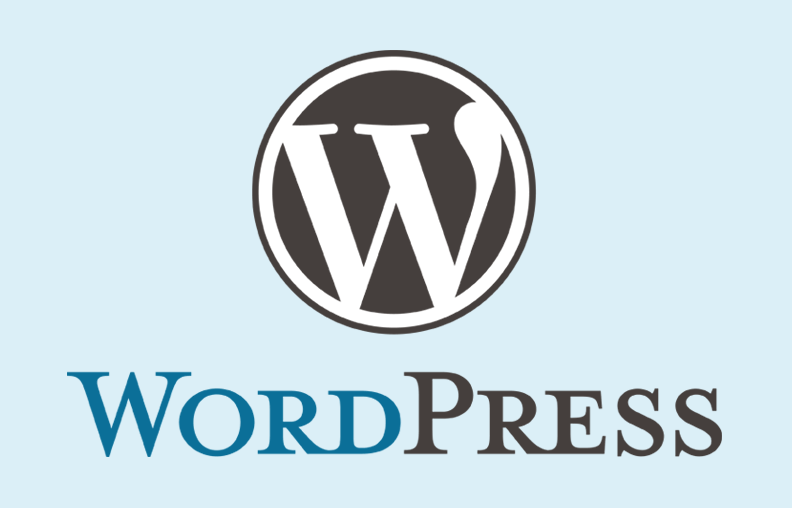
WordPress.com: This is the commercial, hosted version of http://WordPress.org (above). It is beginner-friendly and works similarly as http://wordpress.org, however, there are many differences which I will highlight in another thread.
7. Ghost
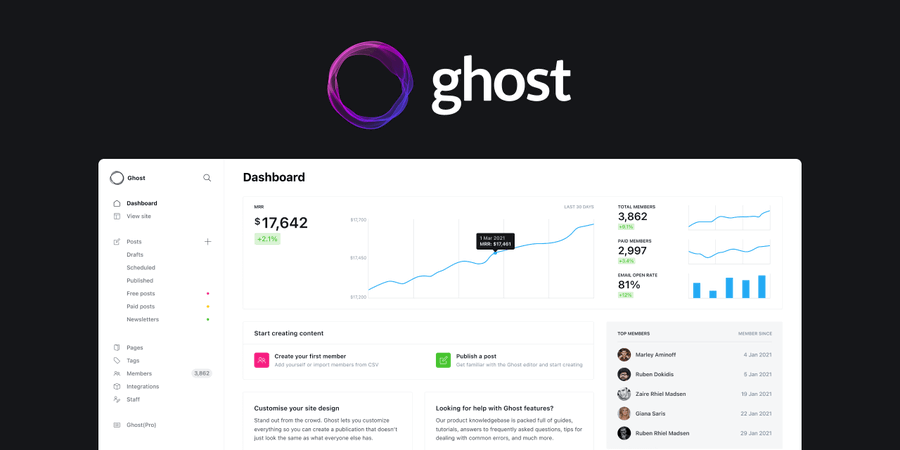
Ghost: http://ghost.org is a CMS platform specifically used by bloggers and journalists. Ghost powers an incredible range of websites; from individual bloggers who are just getting started, to large teams of writers and editors.
8. Blogger

Blogger: http://blogger.com has been around for a very long time. As the name implies, it’s a CMS platform specifically for blogging. It is free and can be set up very easily.
9. Magento
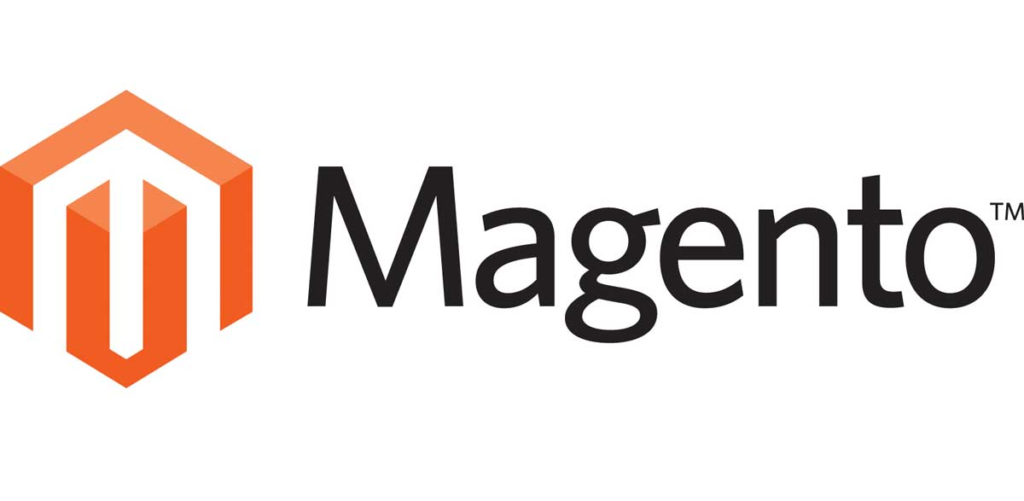
Magento: http://magento.com is another popular open source eCommerce platform from Adobe. There’s a free version you can download and install on your own web hosting account, called Magento Open Source.
There are many other ones. Thanks for reading, and feel free to add to the list in the comments or ask questions.
